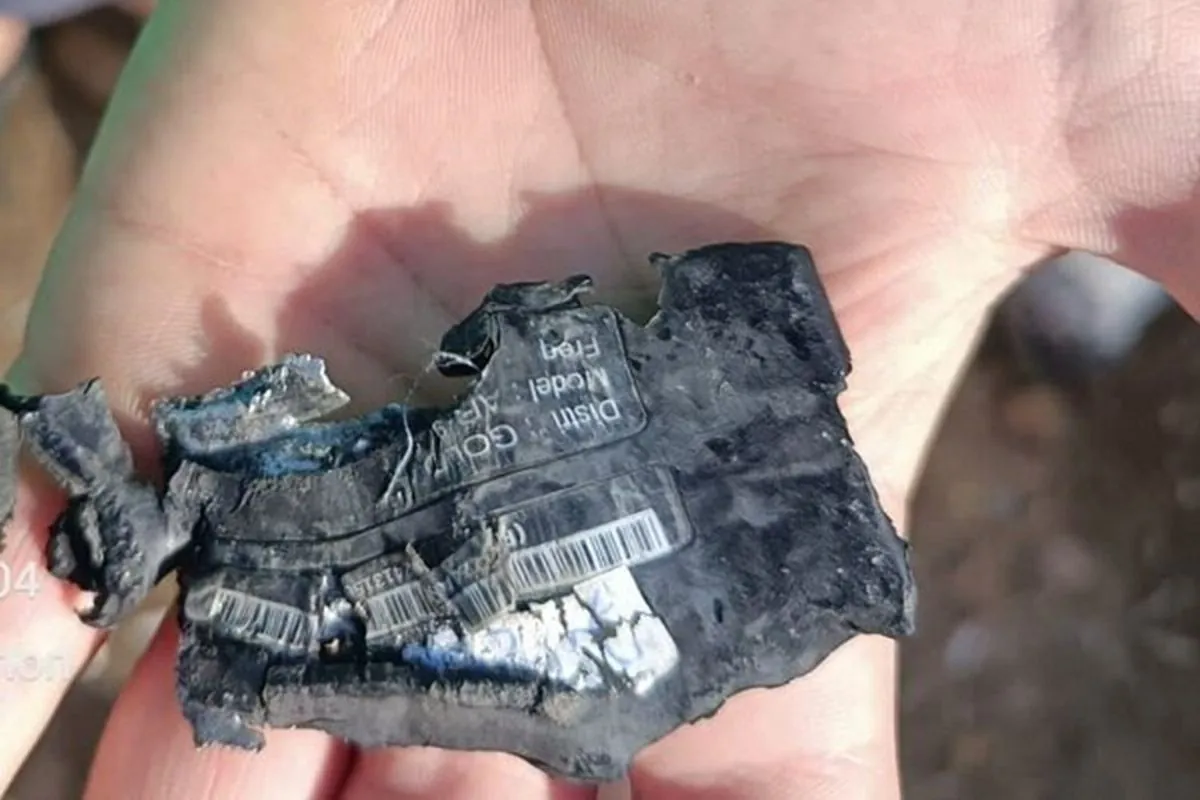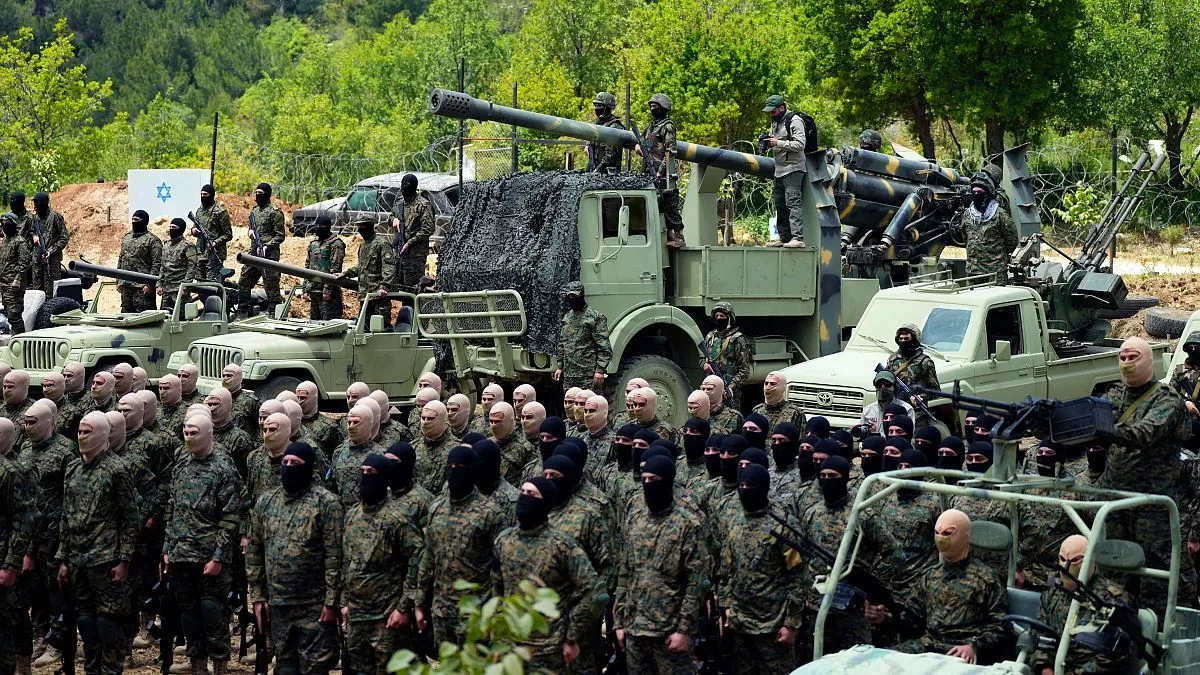Massive Pager Attack Targets Hezbollah, Raising Regional Tensions
A coordinated explosion of Hezbollah pagers in Lebanon and Syria kills and injures many. Suspected Israeli operation escalates tensions, potentially leading to wider regional conflict.

On September 17, 2024, a coordinated attack targeting pagers used by Hezbollah members occurred across Lebanon and parts of Syria. The incident resulted in multiple fatalities and injuries, with no group claiming responsibility. However, speculation points to Israeli involvement.
This event marks a significant escalation in the ongoing conflict between Israel and Hezbollah, a militant group founded in 1982 during the Lebanese Civil War. The attack's sophistication and scale have raised questions about its broader implications for regional stability.
The operation's timing is particularly noteworthy, occurring almost a year after the October 7, 2023, attack on Israel by Hamas. It potentially signals an expansion of Israel's military objectives, which now appear to include preventing Hezbollah attacks. This development comes despite warnings from the United States against actions that could lead to a wider regional conflict.

The pager attack demonstrates a high level of technical expertise, possibly attributed to Israel's intelligence service, Mossad. This operation may serve to restore Mossad's reputation, which was tarnished by intelligence failures surrounding the October 2023 Hamas attack. The method of attack remains unclear, with theories ranging from supply chain compromise to malware injection.
Hezbollah, known for its extensive military capabilities and social services network in Lebanon, had been relying on older communication technologies like pagers, believing them to be more secure. This attack exposes vulnerabilities in their operational security and may lead to significant internal changes within the organization.
The impact of this incident extends beyond Hezbollah. Other groups affiliated with Iran's "Axis of Resistance" are likely to reassess their communication methods and security protocols. This could potentially disrupt coordination among these groups and affect their operational capabilities.
"Hezbollah does not want total war with Israel."
Despite such statements, the risk of escalation remains high. The 2006 conflict between Israel and Hezbollah, which occurred 18 years ago, serves as a reminder of how quickly tensions can escalate into full-scale war. Since then, Hezbollah has significantly enhanced its military capabilities, with an estimated 25,000-50,000 fighters and an arsenal surpassing that of many nation-states.
Israel's recent operations, including the assassinations of key Hamas and Hezbollah figures, indicate a more aggressive stance. These actions, combined with the pager attack, may compel Hezbollah to retaliate, potentially leading to a cycle of escalation.
The situation remains precarious, with the potential for miscalculation on either side. As diplomatic efforts continue, the region stands at a critical juncture, with the actions of hardline elements potentially outpacing attempts at de-escalation.


































